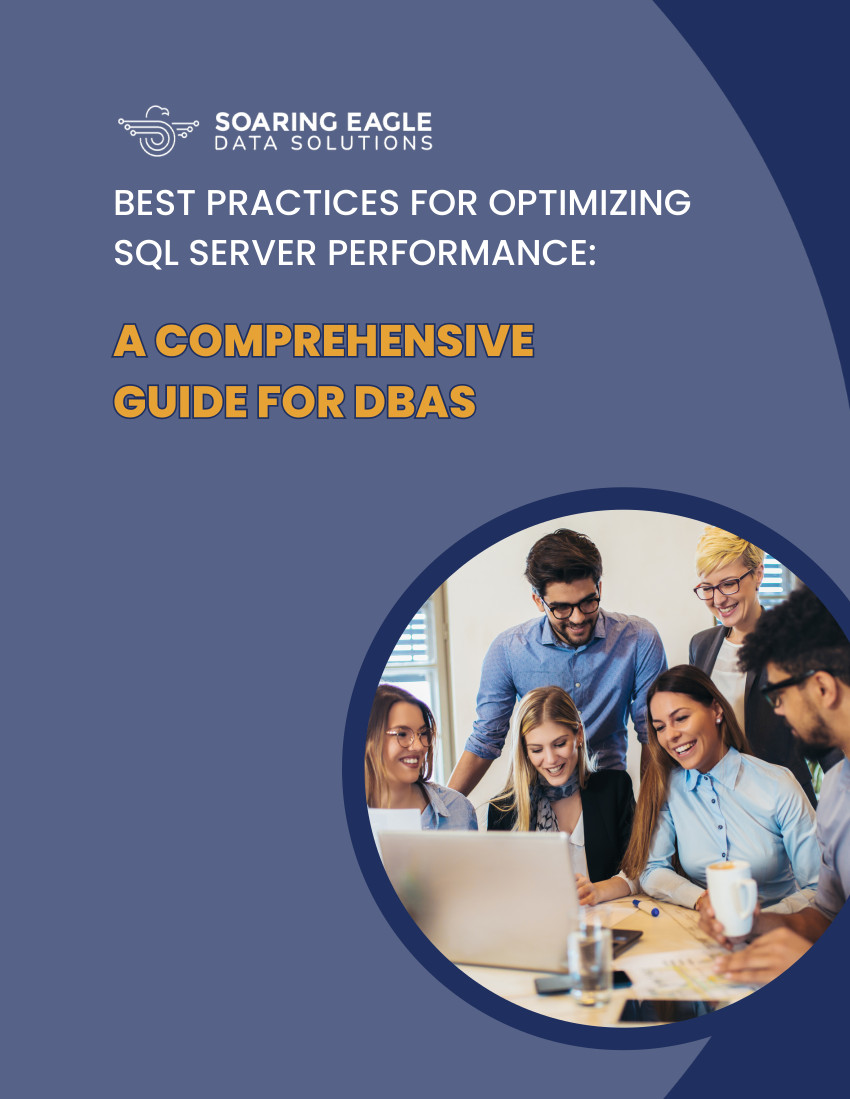
The Health Insurance Portability and Accountability Act (HIPAA) sets the standard for sensitive patient data protection that companies who deal with protected health information (PHI) must comply with.
DBA Role
In order to comply with the HIPAA regulations, DBAs must secure the confidentiality and integrity of all electronic PHI data, whether the information is located in their databases or not. DBAs need to block unauthorized individuals from viewing, modifying, or deleting the data while providing authorized users with the access they require. DBAs must also identify and guard against threats as well as impermissible practices.
Meeting with the HIPAA regulations is a company-wide effort, and database teams need to work hand in hand with other areas to address all aspects of the rules. As part of such efforts, DBAs can protect the data stored in their databases and make sure that are no database-related operations that put patient data at risk.
Securing the Environment
One of HIPAA essential requirements is that organizations should have appropriate administrative, technological, and physical safeguards to preserve the privacy of the data. Such protection ranges from shielding the data from any intentional or unintentional use to a disclosure that violates the standards.
It also states that companies must protect electronic PHI from improper alteration or destruction. Additionally, it secures unauthorized access to or modification of the data when being transferred over an electronic communications network. Lastly, the segment explains that the data must be encrypted whenever deemed fit.
Therefore, DBAs must take the necessary steps to ensure that PHI data cannot be accessed or altered, such as periodic risk assessments, implementing password and critical management, encrypting database objects, backing up databases, or taking any number of other steps to avoid security violations.
Data Access
Another vital step that DBAs can take to meet with HIPAA regulations is to control data access. Companies should ensure that workforce members have appropriate access to electronic PHI, based on their roles in the organization. The organization must put in place methods for authorizing workforce members, supervising their access, determining whether it is proper, and ending that access when needed.
HIPAA regulations also say that organizations have to assign a unique ID to each user to identify and track their activities. Moreover, the company must execute procedures for retrieving PHI data during an emergency, ending electronic sessions after a certain time of inactivity, and encrypting and decrypting data.
Many actions are based on the technologies available to the database management systems that their organizations have deployed. For instance, if they’re working with SQL Server, they might limit access to Windows Authentication mode or implement Policy-Based Management. Regardless of the tools, the goal is the same: to ensure that only authorized users can access PHI data.
DBAs should refer to HIPAA documentation for more details about how to respond to data breaches.
DBAs must consider a wide range of requirements when complying with the HIPAA standards. Fortunately, database management systems such as SQL Server include many of the features necessary to achieve HIPAA compliance. However, such features are no substitute for a carefully planned and executed security strategy.
Contact Soaring Eagle Consulting for a Free Database Evaluation Today
Getting started is simple. Click the button below to request your free one-hour database assessment from the DBA experts at Soaring Eagle Consulting®.



